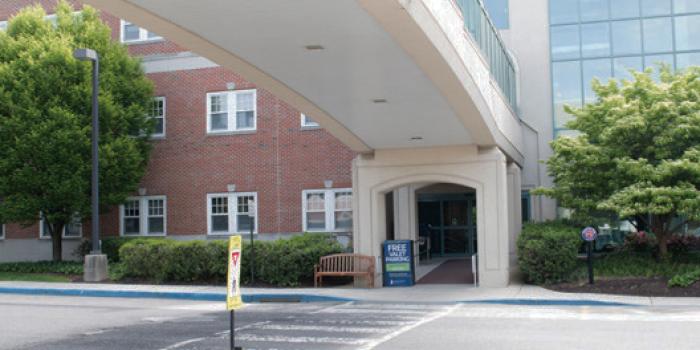If you are admitted to the hospital, you will receive nutrition screening to help identify the type of nutrition treatment you need. Patients with specific nutrition needs may receive a nutrition assessment, education, support and monitoring during the admission. Dietary & Nutritional Services are provided to patients with a physician's order. Our clinical dietitian works closely with our staff to provide nutrition education and information to our patients.
Our Outpatient Nutrition Counseling Service is available to patients who need a personal nutrition plan for diabetes, weight management, high blood pressure, cancer, prenatal care, and many other conditions. We also offer a variety of nutritional services, including nutritional assessments, counseling, and consultations - all designed to help our patients and our community be healthy.
For more information, call Outpatient Nutrition Counseling Services at 484-628-8926.
10 Reasons to Visit a Registered Dietitian Nutritionist (RDN)
Do you want to lose or gain weight? Are you pregnant, looking to become pregnant, or just had a baby? Are you looking for ways to maintain your health in your older years? Are you an athlete looking to boost performance?
These are just a few of the reasons people seek the expert, science-based advice of an RDN. Here are 10 common reasons you should consult with a RDN:
- You have diabetes, heart problems, or high blood pressure. An RDN is part of your healthcare team, helping you safely change your eating plan with tasty foods.
- You need help and confidence with breastfeeding. An RDN can help make sure you’re getting enough iron, vitamin D, fluoride, and B vitamins for you and your baby.
- You’re pregnant or trying to get pregnant. An RDN can help make sure you get nutrients like folate, especially during the first three months of pregnancy, lowering your newborn’s risk for neural tube or spinal cord defects.
- You’re caring for an aging parent. An RDN can help with food or drug interaction, proper hydration, special diets for high blood pressure, and changing taste buds as your parent ages.
- You want to eat smarter. An RDN can help you sort through messages you see and hear; learn how to read labels at the supermarket; learn that healthy cooking does not cost more; learn how to eat out without ruining your eating plan; and how to resist workplace temptations.
- Your teenager has issues with food and healthy eating. An RDN can assist with eating disorders such anorexia, bulimia, and obesity.
- Your child is not eating enough or growing well.
- You want to improve your performance in sports. An RDN can help you set goals to achieve results — whether you’re running a marathon, skiing, or jogging with your dog.
- You have digestive problems. An RDN will work with your physician to help fine-tune your diet so you are not making your symptoms worse with fried foods, too much caffeine, or carbonation.
- You need to gain or lose weight. An RDN can suggest ways to add more calories for healthy weight gain or a restricted-calorie eating plan, plus regular physical activity for weight loss, while still eating your favorite foods.


